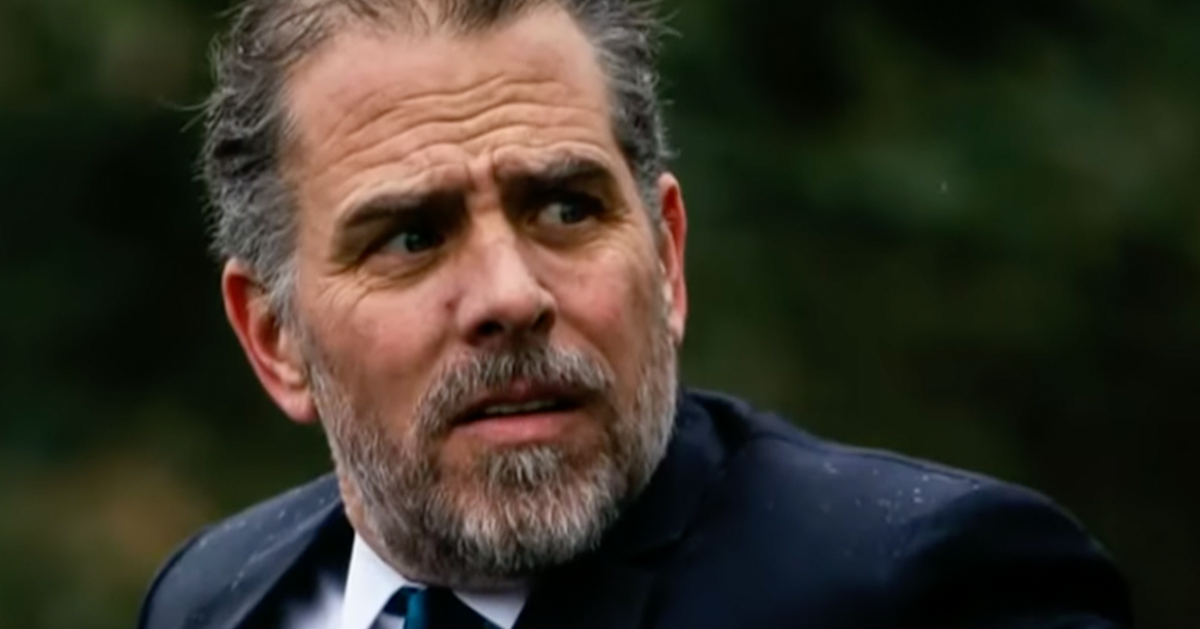Online Petition Against Trump's Cabinet Picks Gains Traction
An online petition by advocacy group MoveOn is rapidly gaining attention as it calls for the Senate to oppose certain Cabinet nominations proposed by President-elect Donald Trump due to controversies surrounding the individuals in question.
With more than 44,000 signatures garnered in just five days, the petition underscores public unease but faces significant challenges with a Republican-dominated Senate unlikely to block Trump's choices, as Newsweek reports.
The petition, hosted on MoveOn's platform, emerged as a response to what the group describes as potentially "extremist" selections by Trump.
MoveOn is specifically urging the Senate to reject appointees whom they believe might jeopardize the functioning of federal agencies crucial to American working-class citizens.
Initial criticism has focused on nominees like Robert F. Kennedy Jr. for health-related positions and Pete Hegseth for the Department of Defense.
Concerns Over Trump Nominee Choices
Hegseth has drawn scrutiny due to his perceived lack of experience pertinent to the defense sector. Additionally, Hegseth's past has been marred by allegations of sexual misconduct in 2017, which he has consistently denied, and no official charges were brought against him.
Despite these controversies, the Senate's composition -- in which Republicans hold a 53-47 majority -- suggests that confronting these appointments in this way might remain primarily symbolic.
MoveOn's call for action reflects a broader concern about Trump's alleged affiliation with the ideological framework known as Project 2025, crafted by The Heritage Foundation.
Although Trump has publicly distanced himself from this agenda, the petition highlights elements of the initiative as potentially influencing his Cabinet picks like Russ Vought and Tom Homan, who have direct connections to it.
Symbolic Opposition in a Historically Rare Context
Statistically, the Senate has infrequently rejected Cabinet nominations, with the last such episode occurring in 1989 during George H.W. Bush's tenure when nominee John G. Tower was not confirmed as defense secretary. MoveOn's effort, while robust in garnering public signatures, might struggle to achieve tangible results given these historical precedents.
Within the petition, MoveOn articulates a sense of urgency, stating, "The Senate must reject these Cabinet nominees," citing the potential dysfunction looming over federal agencies should these appointees assume office. Another part of the petition echoes a call for public vigilance: "We're worth fighting for and deserve better."
Amid this climate, significant changes have also developed within Trump's nomination strategy. Initially, former Congressman Matt Gaetz was put forth as a candidate for attorney general. However, Gaetz has since withdrawn from consideration, referencing ongoing ethics investigations as a source of unfair distraction to the transition team co-led by Trump and JD Vance.
Public Mobilization Amid Senate Dynamics
Pam Bondi, former attorney general of Florida, has since been named as Gaetz's replacement for the role. Her nomination adds another layer to the evolving landscape of Trump's Cabinet assembly process.
The MoveOn petition, despite its symbolic nature, reflects an underlying tension between public sentiment and political realities. The campaign speaks to the desire of many Americans for a sense of accountability and moderation within the impending administration.
Whether the petition’s momentum will affect Senate proceedings remains uncertain. MoveOn underscores the perceived peril, suggesting, "Trump is handpicking MAGA loyalists... protect him at all costs," and further posits a future where wealth disparities might deepen under Trump's leadership.
As Trump prepares to take office, attention remains fixed on the unfolding narrative of his Cabinet selections.
The public’s engagement through digital activism highlights an active citizenry eager to influence government formation, even amid seemingly insurmountable political barriers.
The situation underscores both the possibilities and the limits of public petitions as channels for political expression in the arena of U.S. governance.






